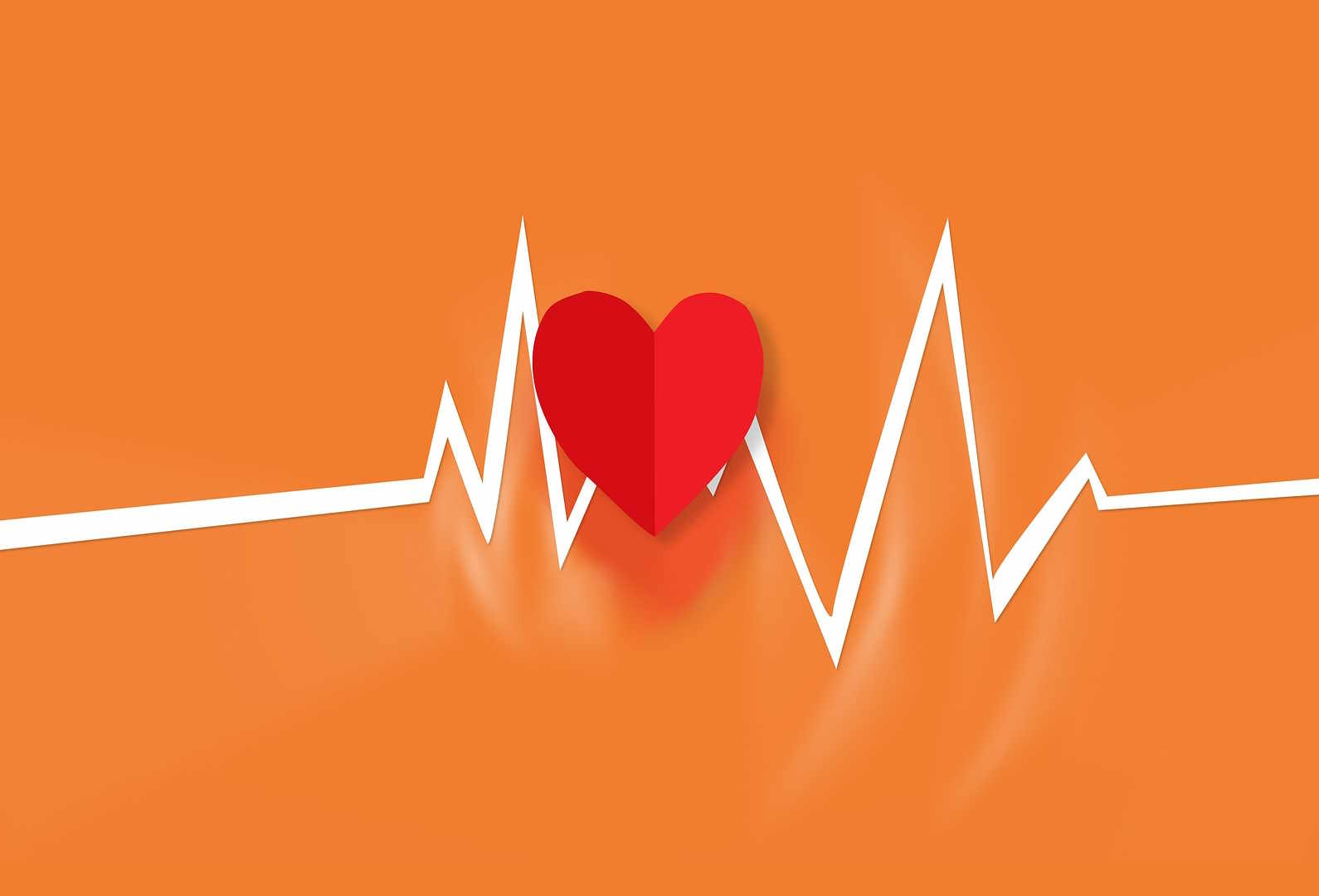Everyday Medications That Might Be Putting Your Kidneys at Risk
Medications can be essential for managing various health conditions, but certain drugs can have negative effects on kidney function. Over time, some medications may cause kidney damage, leading to conditions like chronic kidney disease (CKD). Recognizing the signs and symptoms of kidney problems early can help prevent further damage and improve overall health.

Many people rely on medications to manage pain, control chronic conditions, or treat temporary illnesses. While these drugs provide relief and improve quality of life, some can have unintended consequences on kidney function. The kidneys are responsible for filtering medications and their byproducts from the bloodstream, making them particularly vulnerable to drug-related damage. Recognizing which medications carry risks and understanding how to monitor your kidney health can help you make informed decisions about your treatment options.
What Are Medications That Can Cause Kidney Disease?
Several classes of medications have been identified as potentially harmful to kidney function, especially when used long-term or in high doses. Nonsteroidal anti-inflammatory drugs, commonly known as NSAIDs, are among the most frequently used medications that can affect the kidneys. These include ibuprofen, naproxen, and aspirin, which many people take regularly for headaches, arthritis, or muscle pain. When used occasionally, NSAIDs are generally safe, but chronic use can reduce blood flow to the kidneys and lead to acute kidney injury or chronic kidney disease.
Certain antibiotics, particularly aminoglycosides and vancomycin, can be toxic to kidney cells when used at high doses or for extended periods. Proton pump inhibitors, which reduce stomach acid and treat conditions like acid reflux, have also been linked to increased risk of chronic kidney disease when used long-term. Other medications that may pose risks include certain blood pressure medications, diuretics when misused, and some chemotherapy drugs. If you take any of these medications regularly, discussing kidney function monitoring with your healthcare provider is important.
How to Recognize the Signs and Symptoms of Kidney Disease
Kidney disease often develops silently, with few noticeable symptoms in its early stages. However, as kidney function declines, certain warning signs may emerge. Changes in urination patterns are often among the first indicators, including increased frequency, especially at night, decreased urine output, foamy or bubbly urine, or urine that appears darker than usual. Swelling in the feet, ankles, legs, or around the eyes can occur when the kidneys fail to remove excess fluid from the body.
Fatigue and weakness are common symptoms, as damaged kidneys produce less of the hormone that stimulates red blood cell production, leading to anemia. Other signs include persistent itching, muscle cramps, nausea or vomiting, loss of appetite, difficulty concentrating, and shortness of breath due to fluid buildup. High blood pressure that becomes difficult to control can also indicate kidney problems. Because these symptoms can be subtle or attributed to other conditions, many people do not realize they have kidney disease until it has progressed significantly.
The Importance of Early Detection in Kidney Health
Early detection of kidney disease is critical because it allows for interventions that can slow or even halt disease progression. Once kidney function is lost, it cannot be restored, making prevention and early treatment essential. Regular screening is particularly important for individuals at higher risk, including those with diabetes, high blood pressure, heart disease, a family history of kidney disease, or those who take medications known to affect kidney function.
Simple blood and urine tests can detect kidney disease in its earliest stages. A blood test measuring creatinine levels helps calculate the glomerular filtration rate, which indicates how well the kidneys are filtering waste. A urine test can detect the presence of protein or albumin, which should not be present in significant amounts if the kidneys are functioning properly. Early detection allows healthcare providers to adjust medications, recommend lifestyle changes, and implement treatments that can preserve kidney function and prevent complications such as cardiovascular disease, anemia, and bone disease.
Related Programs for Kidney Health Monitoring
Several programs and resources are available to help individuals monitor and protect their kidney health, particularly those at higher risk. The National Kidney Foundation offers education programs, screening events, and resources for patients and healthcare providers. Many healthcare systems have established chronic kidney disease management programs that provide coordinated care, including regular monitoring, dietary counseling, and medication management.
Insurance plans, including Medicare, often cover kidney disease screening and monitoring for eligible patients. Community health centers frequently offer low-cost or free screening programs, especially during events like World Kidney Day or National Kidney Month. Some pharmaceutical companies provide patient assistance programs for medications used to manage kidney disease and related conditions. Additionally, telemedicine services have made it easier for patients to consult with nephrologists and receive ongoing monitoring without frequent in-person visits, which is particularly beneficial for those in rural areas or with limited mobility.
Lifestyle Changes to Protect Kidney Health
Protecting your kidneys involves more than just managing medications; lifestyle modifications play a crucial role in maintaining kidney function. Staying well-hydrated helps the kidneys clear sodium and toxins from the body, though individuals with advanced kidney disease may need to limit fluid intake under medical supervision. Maintaining a healthy diet that is low in sodium, processed foods, and excessive protein can reduce the workload on your kidneys.
Regular physical activity helps control blood pressure and blood sugar levels, both of which are major risk factors for kidney disease. Limiting alcohol consumption and avoiding tobacco use are also important protective measures. If you take over-the-counter medications regularly, consider alternatives or use the lowest effective dose for the shortest time necessary. Managing underlying conditions such as diabetes and hypertension through medication adherence and lifestyle changes is perhaps the most effective way to protect kidney function. Regular check-ups with your healthcare provider ensure that any potential kidney problems are identified and addressed promptly.
Conclusion
While medications are essential tools for managing health conditions, awareness of their potential impact on kidney function is crucial for long-term wellness. By understanding which medications carry risks, recognizing early warning signs of kidney disease, and taking proactive steps to protect kidney health, you can significantly reduce your risk of kidney damage. Regular monitoring, open communication with healthcare providers, and thoughtful lifestyle choices create a comprehensive approach to maintaining healthy kidney function throughout your life.
This article is for informational purposes only and should not be considered medical advice. Please consult a qualified healthcare professional for personalized guidance and treatment.




